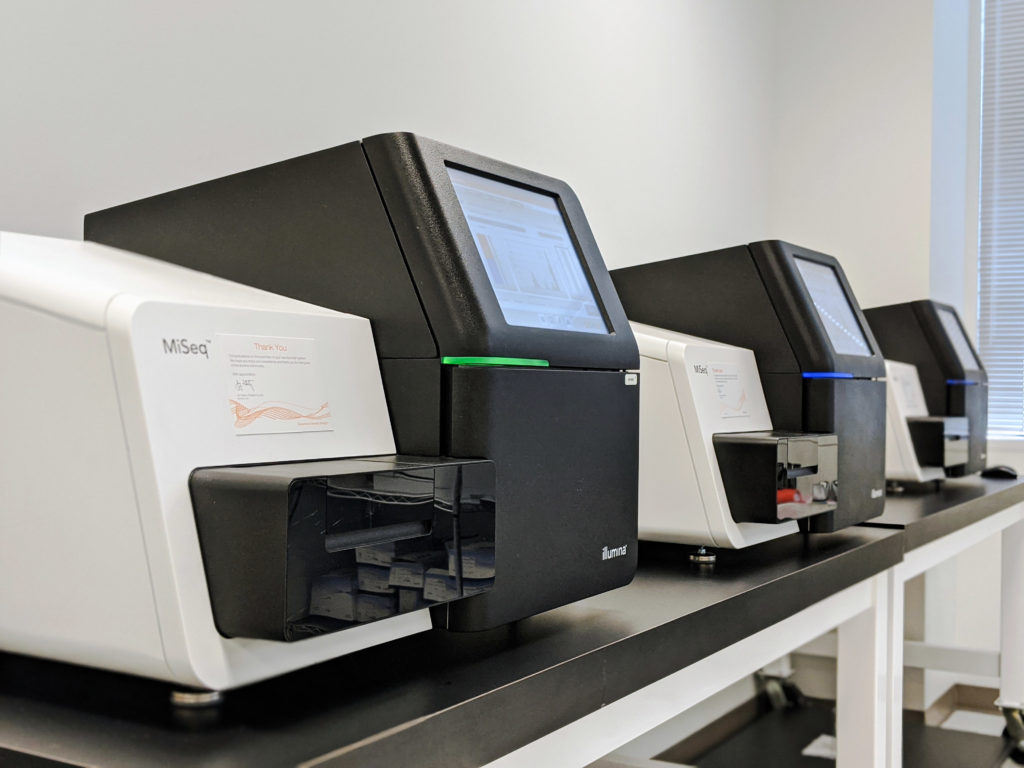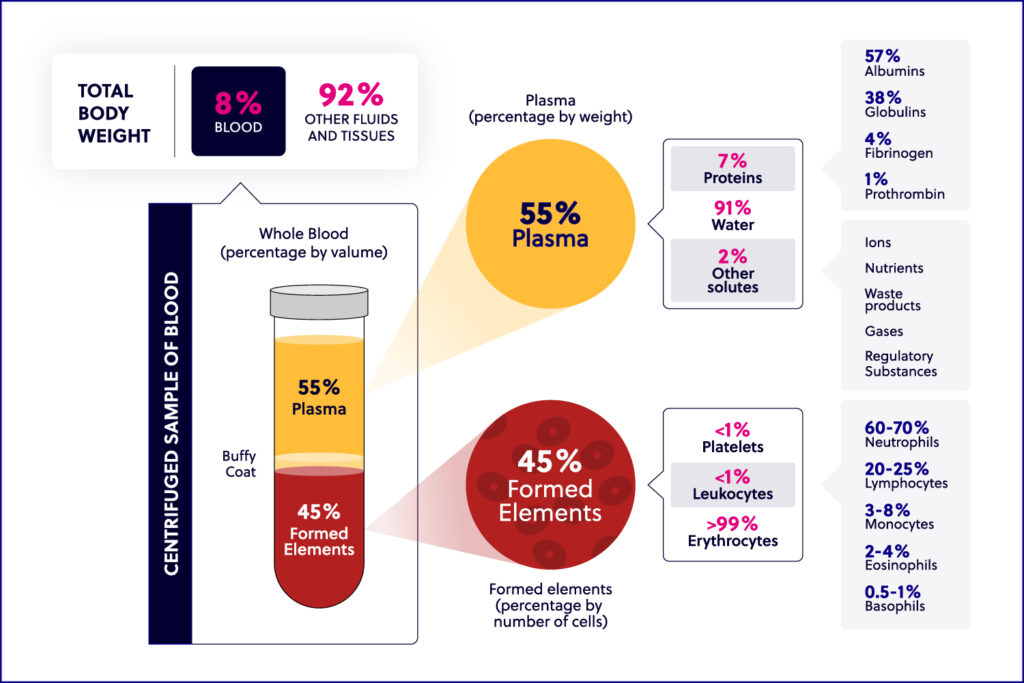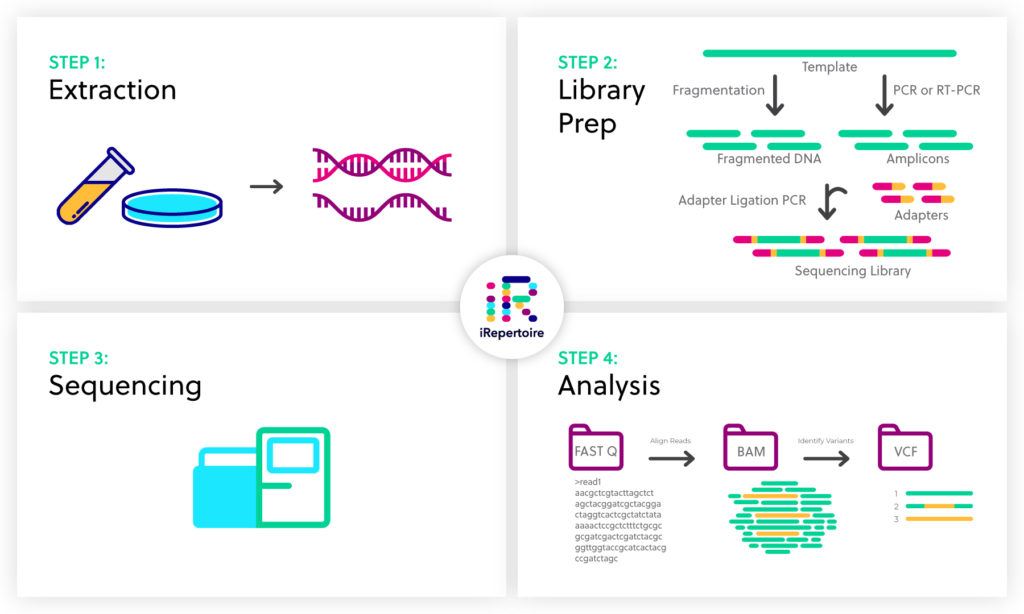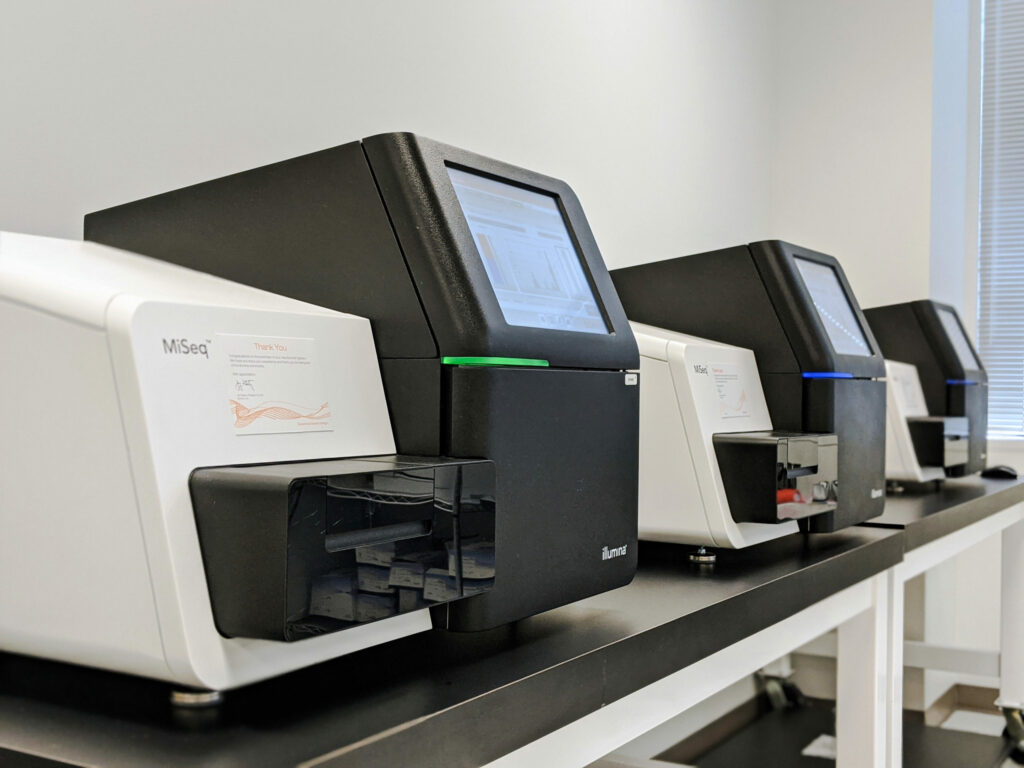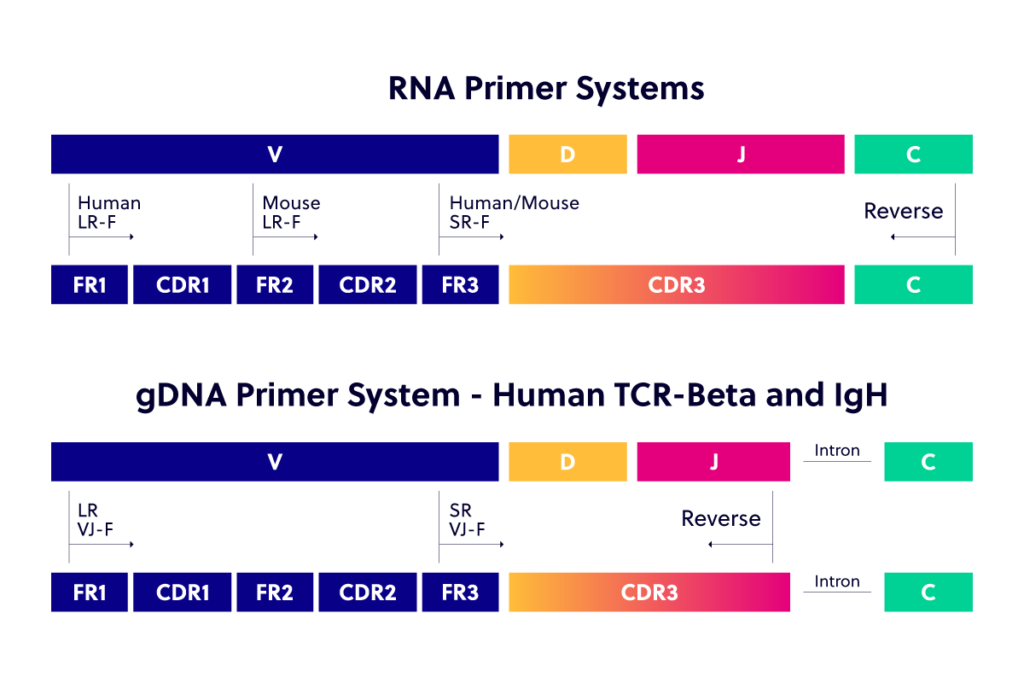Posts by Jenna G
Beyond template switching
Investigating the full clonal diversity of an immune repertoire requires a uniquely tailored sequencing approach. Most immune sequencing chemistries on the market rely on some variation of a technology called template switching, which starts with untargeted amplification of all of the RNA in a given sample. iRepertoire’s proprietary multiplex PCR technologies use primers that are…
Read MoreChoice of starting template: RNA vs gDNA vs cDNA
Roughly half the papers published so far for immune repertoire sequencing use genomic DNA samples, while the other half use RNA. Although we have primers that work for both sample types, our preferred originating template is RNA which we use to create an immune specific cDNA template. The benefits using of RNA for immune sequencing…
Read MoreChoosing your read depth
When planning your repertoire sequencing experiment, you’ll need to consider the appropriate read depth for your samples. Sequencing depth/coverage is impacted by the length of the reads, the sequencing platform, and whether you’re using single end or paired end sequencing. More coverage is always better, but costs tend to increase with sequencing coverage. Additionally, pooling…
Read MoreBlood collection and sample considerations
There are various sample collection methods researchers can utilize for immune repertoire studies. This document’s purpose is to define, compare, and contrast several methods of sample collection and downstream storage options that we currently use in-house as it applies to whole blood. This document is not a comprehensive review of all possible collection methods but…
Read MoreShipping samples, receiving products, and submitting data
iRepertoire can help with your immune repertoire sequencing project for any and all steps from nucleic acid extraction, library preparation, sequencing (of a library made with iRepertoire’s Reagent Systems), and finally data analysis. Regardless of where you find yourself in the workflow, this page describes the best practices for shipping samples for service, receiving products…
Read MoreSample submission guide – bulk repertoire
Samples can be transferred to iRepertoire for library preparation and sequencing at any stage in the immune repertoire sequencing workflow from nucleic acid extraction to amplification to sequencing. Additionally, material can be sourced from a variety of different sample types. This page provides guidelines for sample submission whether you are planning to rely on iRepertoire…
Read MorePublications
Dig into our knowledge base in this linked reference list that brings all our publications and patents together in one comprehensive resource.
Read MoreNGS overview: from sample to sequencer to results
Next generation sequencing (NGS) has become a powerful tool to identify genetic variants and variable gene expression patterns that correlate with disease state and provide clinically-relevant mechanistic insights. The entire NGS workflow can be broken down into four steps: sample extraction, library preparation, sequencing, and analysis Step 1: Sample extraction NGS can be performed on…
Read MoreWhy sequence the immune repertoire?
“Our immune system is the smartest and best doctor around, and if we can learn from the best, we can be better.” Dr. Jian Han, founder and CSO of iRepertoire Key questions: What is the immune repertoire? In short, it is the collection of individual clonotypes produced by all B and T cells in the…
Read MoreiRepertoire’s primer systems
iRepertoire has developed multiplex PCR primer mixes for V(D)J amplification and sequencing for both our arm-PCR and dam-PCR technologies. In these multiplex PCR systems, a nested set of inside and outside primers has been designed and optimized for every V(D)J target needing to be co-amplified in the multiplex assay. We offer primers, amplification services, and…
Read More